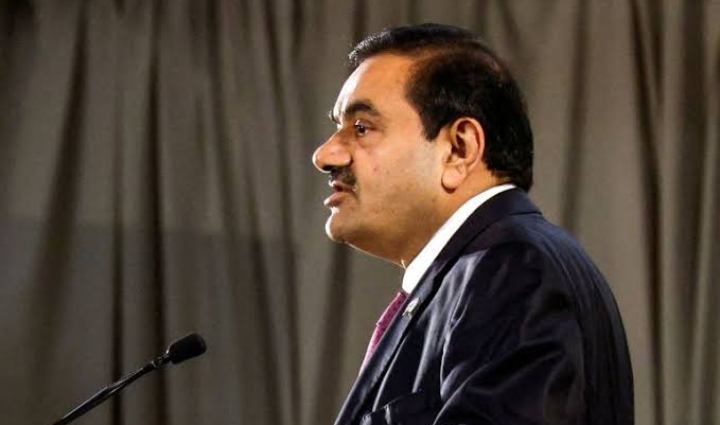The Sh34 billion Adani bribery scandal exposes the deep roots of corruption in securing multinational contracts, implicating Kenya among other nations.
The bribery scheme allegedly targeted Indian government officials, securing favorable terms for solar energy projects through corrupt deals.
These actions led to inflated project costs and inflated profits for the Adani Group.
The scandal came to light after a U.S. Department of Justice (DOJ) investigation into the Adani Group, which indicted key figures such as Gautam Adani’s nephew, Sagar Adani.
Other executives from the company were also implicated for their roles in facilitating the fraudulent activities.
The investigation revealed that the scheme was designed to mislead investors, particularly in the United States, enabling the Adani Group to raise substantial funds through fraudulent means.
In 2023, the company was also accused by Hindenburg Research of stock manipulation and accounting fraud, leading to a dramatic loss in the group’s market value, although the company vehemently denied all accusations.
Its impact extended beyond India. In Kenya, the Adani Group had secured several important contracts, including a big energy transmission deal with the Kenya Electricity Transmission Company Limited (KETRACO) and the planned expansion of Jomo Kenyatta International Airport (JKIA).
These projects, which were part of Kenya’s ongoing infrastructure development plans, were immediately put under scrutiny due to the revelations of corruption surrounding Adani.
In response to the mounting pressure, President William Ruto of Kenya made a decisive move to sever all government ties with the Adani Group.
On November 21, 2024, Ruto publicly announced the cancellation of both the KETRACO deal and the JKIA expansion project.
This decision came after a thorough review by Kenyan investigative agencies, which uncovered evidence that contradicted the integrity of the Adani Group’s operations.
Ruto’s government stressed that the move was in line with Kenya’s commitment to uphold transparency and accountability, particularly in public-private partnerships.
Although Energy Minister Opiyo Wandayi had initially defended the partnership, stating that due diligence had been conducted before signing the contracts, the president’s decision marked a clear break from the Adani Group.
The cancellation of these deals reflects a broader global effort to hold the Adani Group accountable for its alleged corrupt practices, impacting its reputation and further complicating its expansion into global markets.





















Add Comment